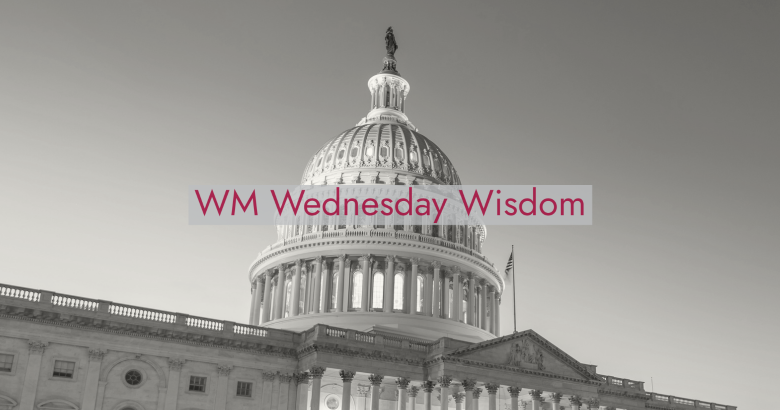Include Digital Assets in Your Estate Plan
Account takeover incidents, which entails the use of personally identifiable information such as usernames, passwords and the answers to secret questions to illegally gain access to digital assets, are prevalent worldwide. Methods to secure usernames and passwords for digital assets range from relying on memory, keeping a written log, saving information on an electronic device, or the use of password managers. But what will happen to your digital assets if you pass away? Will your next of kin or named beneficiary have the legal right to access your digital assets?
Will your next of kin or named beneficiary have the legal right to access your digital assets?
As the world goes paperless, people are able to access and store financial records, documents, correspondence, photos, videos, social media platforms, ecommerce sites and more on smartphones, computers or the cloud. Understanding and accounting for the digital footprint of the deceased needs to be included in the preparation and execution of estate plans. If the information is not recorded, beneficiaries will have a difficult time trying to access digital assets in your estate plan.
Why This Matters
As accountants, we receive permission from clients to file their taxes electronically each year. Should that client become incapacitated or pass away, as their trusted advisor, we cannot share information without authorization. The executor or heir(s) will need to have permission, as well as the appropriate login and password to access the tax returns or electronic records of the deceased. Each situation is unique.
Will the heir(s) know what accounting firm, financial group or bank(s) were used by the decedent? Did the decedent have a Health Savings Account, Flexible Spending Account, life insurance policies or an online website to earn additional income?
It is important to plan ahead to make certain your loved ones know how to find your digital assets and how to access them.

Digital Assets and Death
Digital assets have become a significant part of everyone’s personal and professional life and need to be addressed in estate planning documents. Most states have laws in place relating to the legal authority to manage digital assets and you should make sure that your documents make proper references to these powers.
Digital assets include but are not limited to:
Income/Assets Accessed Electronically
- Bank accounts
- Payroll accounts (if employed)
- Health Savings Accounts
- Flexible Spending Accounts
- Cryptocurrency, bitcoin, blockchain or Non-Fungible Token (NFT)
- Wealth Management and Financial Services Accounts
- Online Stock Portfolios
- PayPal, Venmo, Google Pay or Apple Pay
- Social Security
- Pension
- Other retirement accounts
Tax agencies
- IRS login
- State and Local Tax login
Medical
- Physician records
- Health insurance, Medicare, or Medicaid
Email accounts
- Did the deceased have a personal email account, multiple email accounts or a work email?
- NOTE: If the deceased used their work email for business and personal, will you be permitted to access personal emails on the work account?
Social media accounts
- Did the deceased use Facebook, YouTube, Twitter, Instagram, LinkedIn, TikTok, Reddit, or messenger apps? Most social media accounts have steps to take to memorialize an account or close accounts of the deceased. Make certain to research the policy of each site regarding deceased individuals.
E-Commerce Accounts
- Did the deceased have a hobby or second job to earn income from their own person website, blog or cloud-based sites such as eBay, Etsy, gaming sites, betting sites such as FanDuel or DraftKings, or a photography site such as SmugMug or Flickr?
Other Items
- Cell phone content and apps
- Genealogy websites
- Personal photo, video or audio websites
- Streaming platforms
- Monthly bills and auto payments
Digital Assets in Your Estate Plan
If you want to appoint a specific individual(s) to have access to your digital assets after your demise, you need to make that clear in your will. The Revised Uniform Fiduciary Access to Digital Assets Act (RUFADAA) was enacted to give people the power to plan for the management and disposition of their digital assets in the same way they can make plans for their tangible property.
When instructions are provided in a will, trust, or power of attorney, along with the login information including website URLs, username, logins, security questions and answers, your beneficiaries and heirs will be able to fulfill the directives requested in your will.
Questions?
As always, should you have questions about estate planning, charitable gifting strategies, estate tax liability analysis, family gift planning, generation skipping transfer tax, wealth transfer strategies, or business succession planning, please contact us at any time.
DISCLAIMER: The WM Update, WM Wednesday Wisdom, WM Daily Update COVID-19, COVID-19 Business Resources, COVID-19 Client News Alerts and other related communications are intended to provide general information, including information regarding legislative COVID-19 relief measures, as of the date of this communication and may reference information from reputable sources. Although our firm has made every reasonable effort to ensure that the information provided is accurate, we make no warranties, expressed or implied, on the information provided. As legislative efforts are still ongoing, we expect that there may be additional guidance and clarification from regulators that may modify some of the provisions in this communication. Some of those modifications may be significant. As such, be aware that this is not a comprehensive analysis of the subject matter covered and is not intended to provide specific recommendations to you or your business with respect to the matters addressed.


